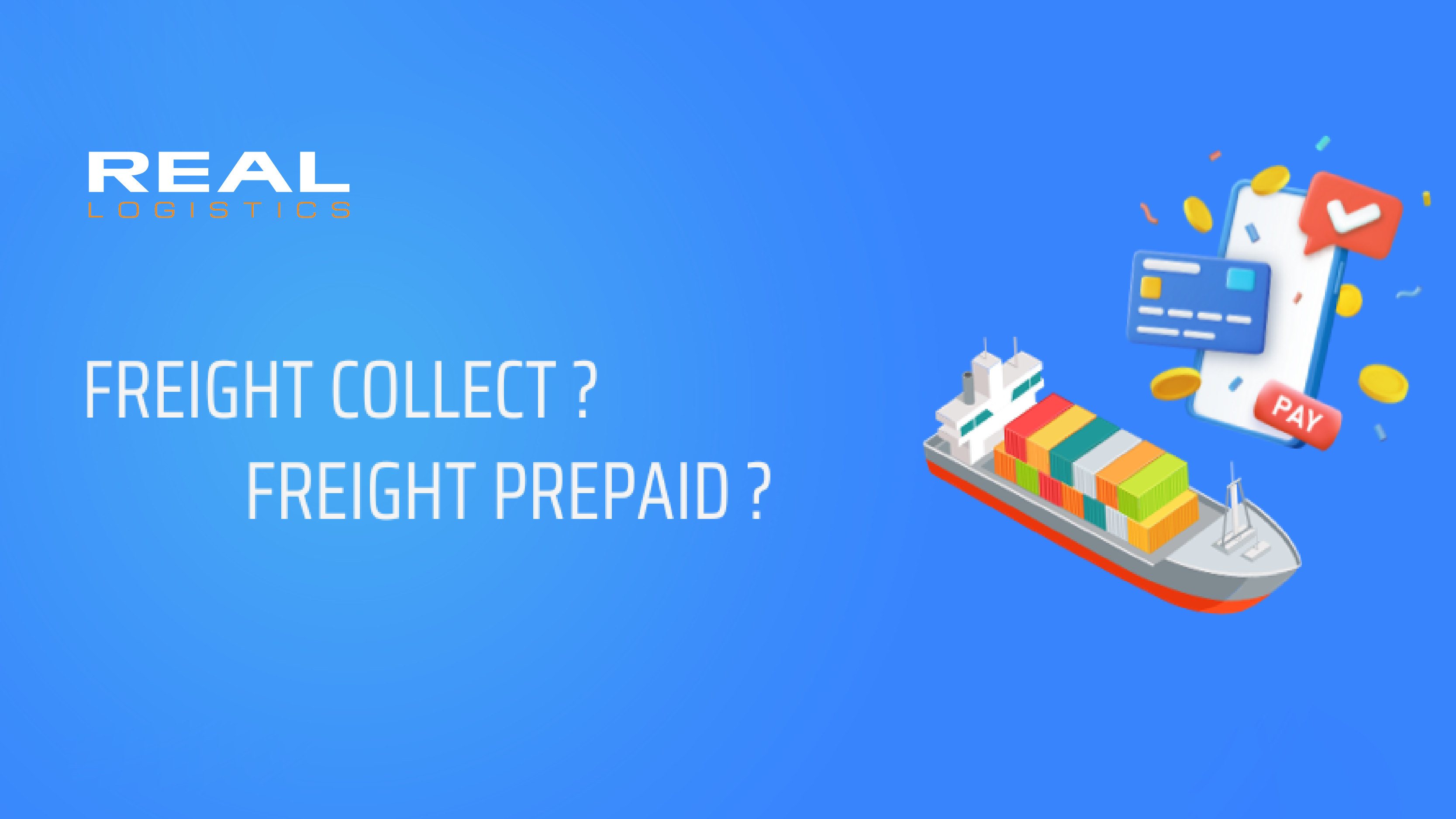Understanding the Difference Between Freight Prepaid and Freight Collect

1. What is Freight Prepaid?
Freight Prepaid means that the shipper pays the freight charges at the port of origin before the cargo is loaded onto the vessel. In other words, the shipping line only accepts the cargo if the shipping cost is fully paid in advance — similar to how a prepaid phone or prepaid debit card works.
This payment term is often used in CIF contracts, and freight forwarders may refer to such shipments as "freehand cargo."
However, in real practice, some freight forwarders still allow deferred payment despite the prepaid label, due to the highly competitive nature of the logistics industry. In such cases, although the shipment is listed as prepaid, the customer may settle the freight charges after the goods are shipped. The risk, of course, lies with the freight forwarder — especially when handling sensitive shipments such as refrigerated cargo.
2. What is Freight Collect?
In contrast, Freight Collect indicates that the freight charges are paid by the consignee at the destination port. This term is often seen in EXW and FOB contracts, or with nominated shipments where the consignee appoints the forwarder or carrier.
Under this arrangement, the destination agent of the forwarder is responsible for collecting the freight charges from the consignee.
3. Key Differences Between Freight Prepaid and Freight Collect
After understanding the definitions, let’s break down the similarities and differences between these two terms:
Similarities
Regardless of whether the freight is prepaid or collect:
- The shipper is responsible for origin local charges
- The consignee is responsible for destination local charges
Key Differences
Note: Do not solely rely on the “Freight Prepaid” or “Freight Collect” marking on the B/L to determine the Incoterm used. Sometimes, the buyer may ask the seller to prepay freight on their behalf and reimburse later.
4. Why Use Freight Prepaid or Freight Collect?
The choice between Freight Prepaid and Freight Collect mainly aims to:
- Protect carriers and forwarders from unpaid freight
- Determine who bears the financial responsibility at different shipping stages
If the exporter charters the vessel, the carrier often requires freight to be prepaid to avoid disputes at the destination. Conversely, if the importer hires the forwarder, they may agree to pay the charges upon arrival, provided the delivery conditions are met.
At Real Logistics, we hope this article clarifies the meaning and use of Freight Prepaid and Freight Collect for your international shipping needs. If you need further advice on Incoterms, shipping documents, or customs procedures, feel free to contact our team for a free consultation!
—————————————
Real Logistics Co.,Ltd
👉 Facebook: Real Logistics Co.,Ltd
☎️ Hotline: 028.3636.3888 | 0936.386.352
📩 Email: info@reallogistics.vn | han@reallogistics.vn
🏡 Address: 39 - 41 B4, An Loi Dong, Thu Duc, HCM City
51 Quan Nhan, Nhan Chinh, Thanh Xuan, Ha Noi City

